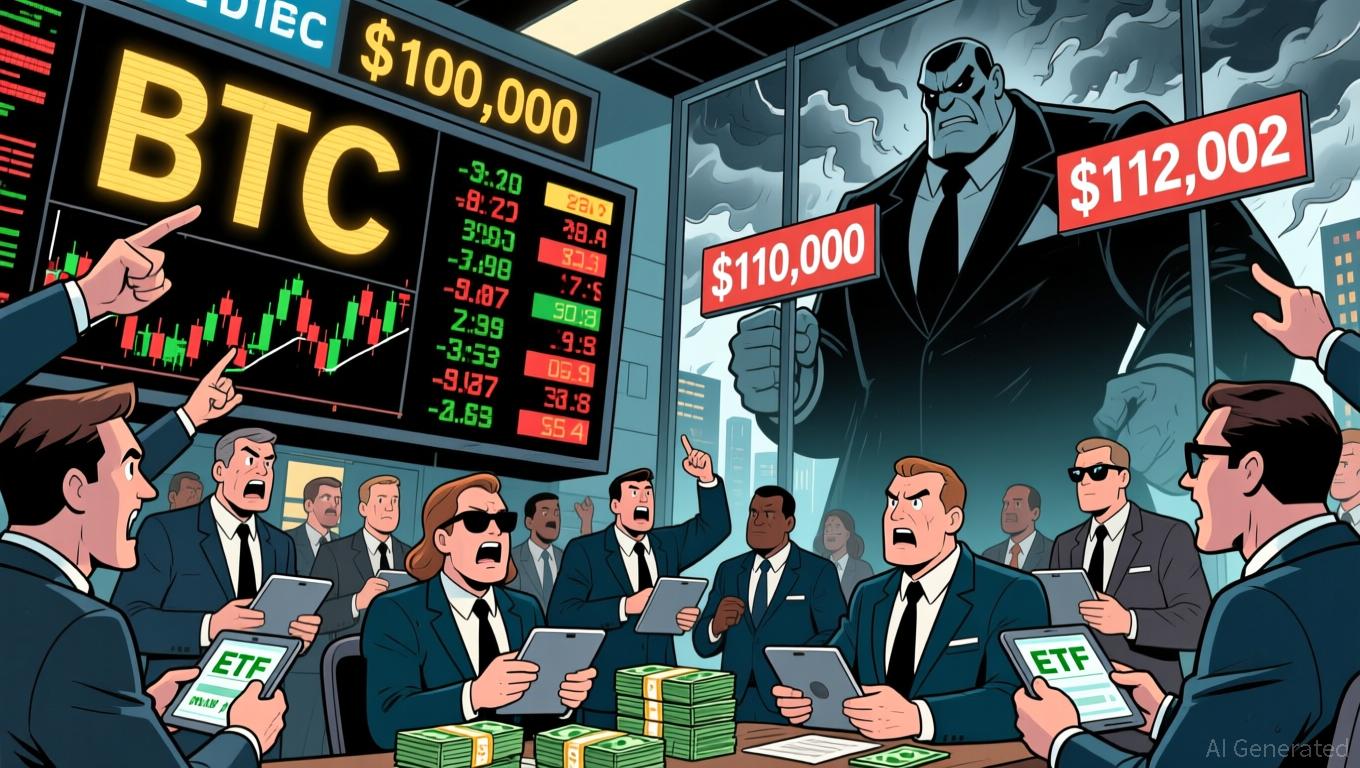Trump's Religious Freedom Move Sparks Nigeria Market Crash
Nigeria’s dollar bonds and the naira suffered the steepest losses among emerging markets on Monday after President Donald Trump threatened possible military intervention and a halt to aid, citing alleged persecution of Christians in the country. Trump’s comments, which classified Nigeria as a “Country of Particular Concern” under U.S. religious freedom legislation, sparked a rapid selloff. The 2047 sovereign bond slid by 0.6 cents to 88.26 cents on the dollar, making it the worst-performing emerging market bond. The naira dropped 1.2% to ₦1,442.80 per dollar, marking its sharpest single-day fall since June, according to
Trump’s decision to label Nigeria as a CPC—a status that could pave the way for sanctions—was based on what he called “existential threats” to Christians, blaming extremist Islamists for a “mass slaughter” of believers. “The U.S. will immediately cut off all aid and support to Nigeria, and may soon enter that now disgraced nation, ‘guns blazing,’ to completely eliminate the Islamic Terrorists,” Trump posted on Truth Social, as reported by the

The administration of President Bola Tinubu in Nigeria dismissed the accusations, highlighting its “consistent and genuine efforts” to safeguard religious liberty. Analysts point out that, while Christians in Nigeria’s Middle Belt do face attacks, much of the violence is rooted in ethnic and resource disputes, with Muslims in the north also frequently targeted, the San Francisco Chronicle reported. U.S. lawmakers, including Senator Ted Cruz, have long advocated for accountability, with Cruz’s Nigeria Religious Freedom Accountability Act seeking sanctions against officials who enforce blasphemy laws or enable extremist violence, according to
The market reaction underscores the impact of U.S. political statements. Nigeria’s bonds and currency tumbled as overseas investors pulled out of risk assets amid fears of aid cuts or military action. “Statements from Washington can quickly prompt global investors to withdraw from Nigerian risk assets,” traders in London and New York told Cryptopolitan, noting significant selling in long-term debt. Despite this, the naira showed strength in October overall, gaining 3.63% against the dollar as foreign exchange inflows improved and output from Dangote Refinery helped stabilize demand,
The U.S. designation is part of a recurring pattern: Nigeria was first named a CPC in 2020 under Trump, but was removed from the list by Biden in 2023 to improve diplomatic relations. Trump’s renewed emphasis on religious persecution fits his broader approach of leveraging human rights issues to pressure both allies and rivals, even if it risks damaging ties with Africa’s largest economy.
On the global stage, this development coincides with a temporary pause in the U.S.-China trade dispute, as both countries agreed to suspend port fees and lower tariffs. Nevertheless, Nigeria’s turmoil demonstrates how international political maneuvers can have immediate effects on emerging markets. With Trump threatening “fast, vicious, and sweet” military action if Nigeria does not respond, investors are preparing for more market turbulence, the San Francisco Chronicle cautioned.
Disclaimer: The content of this article solely reflects the author's opinion and does not represent the platform in any capacity. This article is not intended to serve as a reference for making investment decisions.
You may also like
XRP News Today: Mastercard’s Blockchain Initiative: Regulated Networks Set to Transform International Payments
- Mastercard explores $1.5B-$2B acquisition of MiCAR-licensed crypto infrastructure firm Zerohash to expand Web3 capabilities. - Partners with Ripple to pilot RLUSD stablecoin for credit card settlements on XRP Ledger, enabling instant cross-border transactions. - Zerohash's regulatory compliance and $1B valuation align with Mastercard's strategy to bridge traditional finance and blockchain infrastructure. - RLUSD's NYDFS-backed growth and XRP Ledger integration could reshape global payments while reinforc
DoorDash Shares Drop 10% as Focus on Growth Reinvestment Outweighs Earnings Outperformance
- DoorDash's stock fell over 10% post-earnings despite $3.45B revenue beat, driven by 25% GOV growth and 21% order increase. - Management signaled $300M+ 2026 AI/tool investments and revised Deliveroo's EBITDA contribution down by $32-40M due to accounting changes. - Analysts cut price targets (Wells Fargo to $239) as $754M adjusted EBITDA (up 41%) was overshadowed by reinvestment concerns despite $723M free cash flow. - 42% YTD gains amplified sell-off sensitivity, with 31 analysts retaining "Moderate Buy

Savers Confront a Choice: Lock in Safe 5% Returns or Chase DeFi's Tempting 12%
- Fed rate cuts in 2025 spurred high-yield savings accounts offering up to 5.00% APY, outpacing traditional banks' 0.40% average. - DeFi platforms like ZEROBASE and Maple Finance offer 12-7% APY on stablecoins, but require higher risk tolerance and short liquidity periods. - Banks may reduce APYs if further Fed cuts occur, while FDIC-insured high-yield accounts remain popular for inflation protection. - Alternative assets like Bitcoin and dividend stocks (e.g., Viper Energy's 3.49% yield) show growing comp

Bitcoin News Update: Institutions Remain Wary as Retail Investors Drive Crypto Innovation—The Battle for Dominance Escalates
- Bitcoin fluctuates near $110,000 amid ETF outflows and revised institutional price targets, with long-term holders creating resistance through strategic BTC distributions. - Ethereum and XRP show resilience with ETF inflows and whale activity, while emerging projects like Remittix ($27.8M raised) and Noomez gain traction through innovative tokenomics. - Analysts remain divided: some see $120,000 potential if Bitcoin breaks key averages, while others warn of $72,000 corrections amid macroeconomic uncertai
